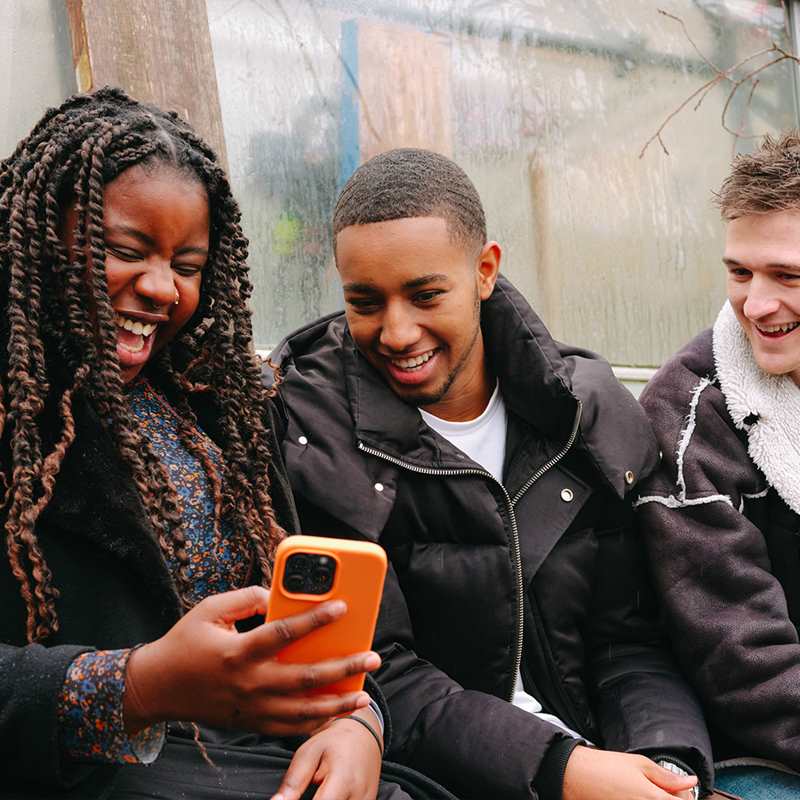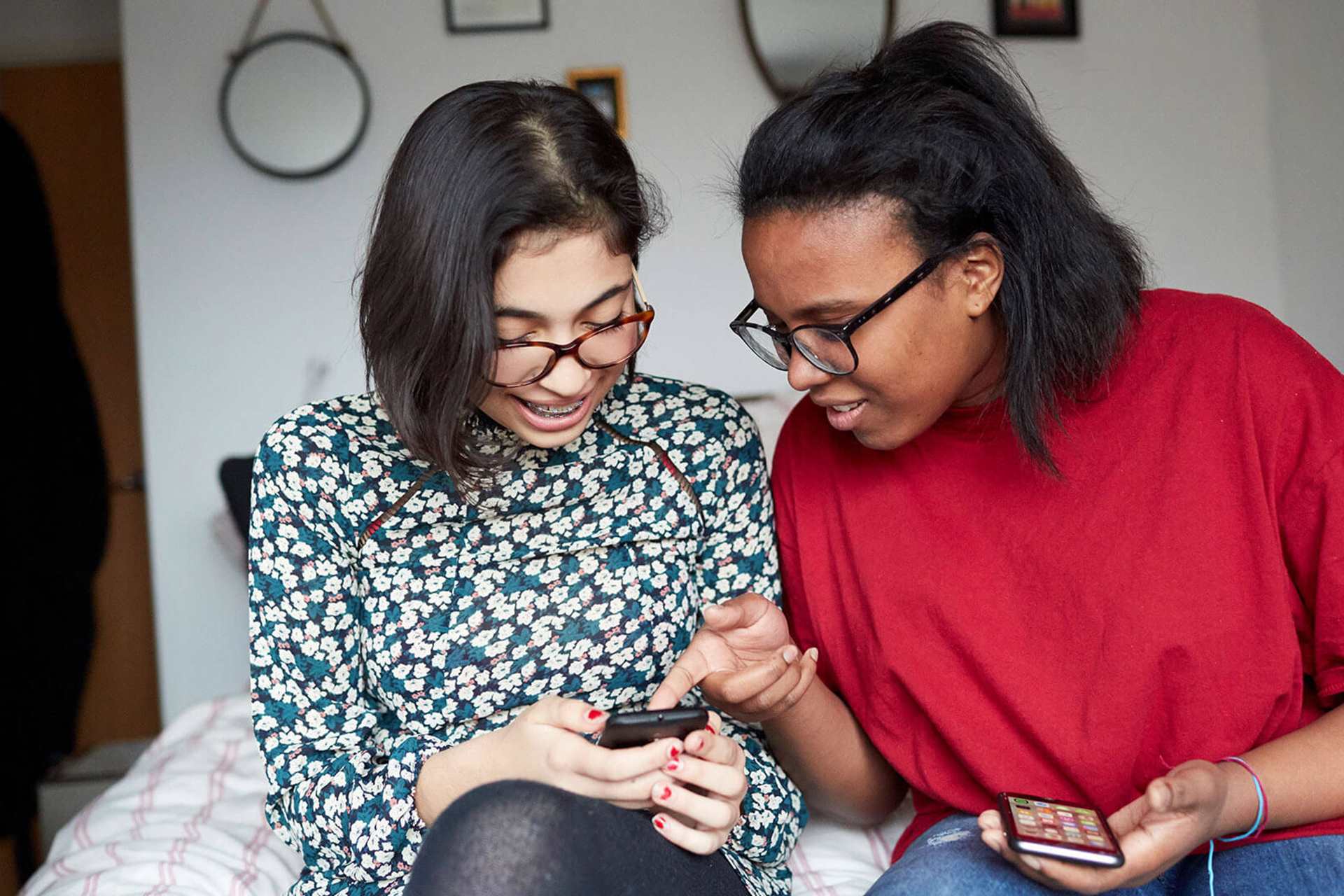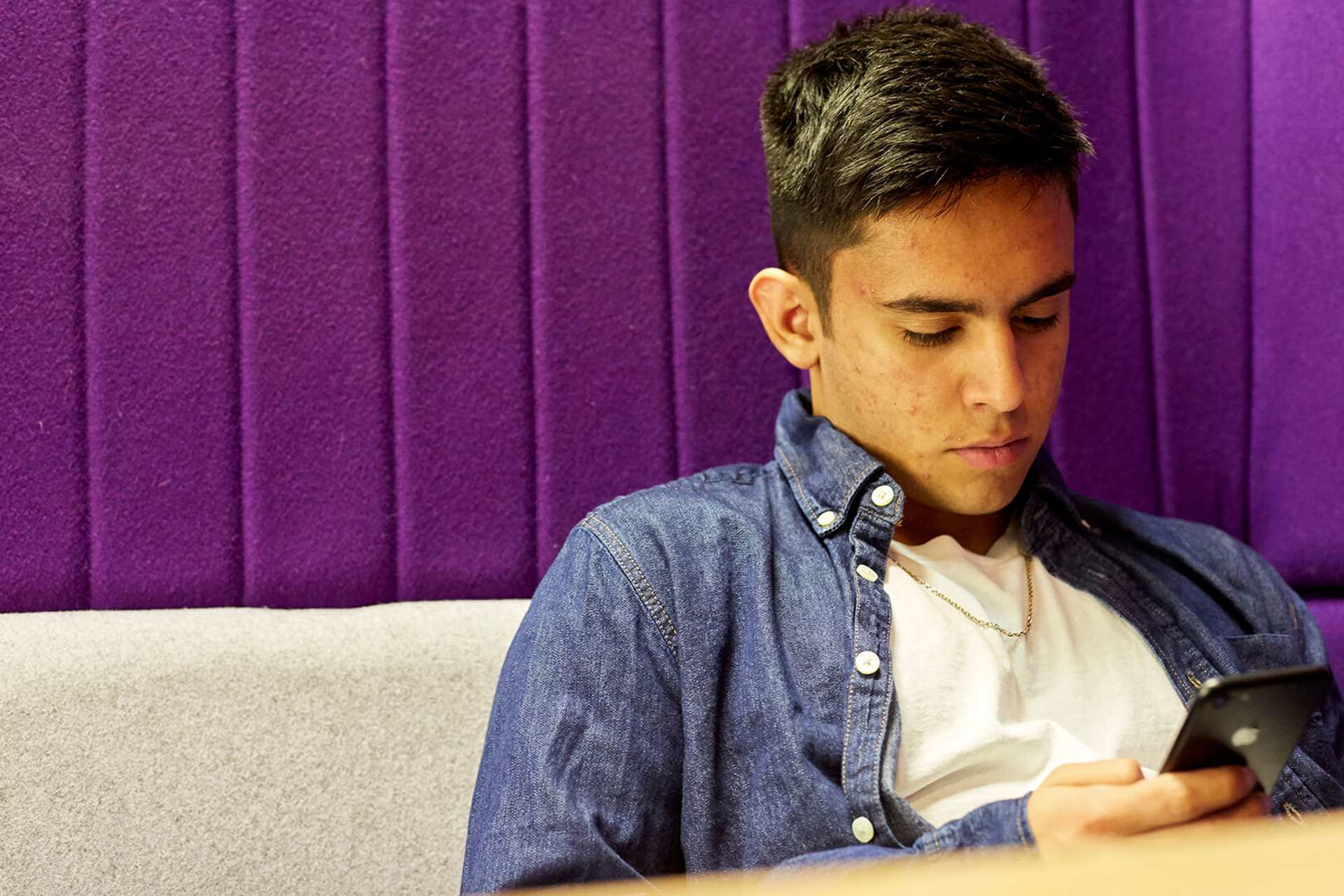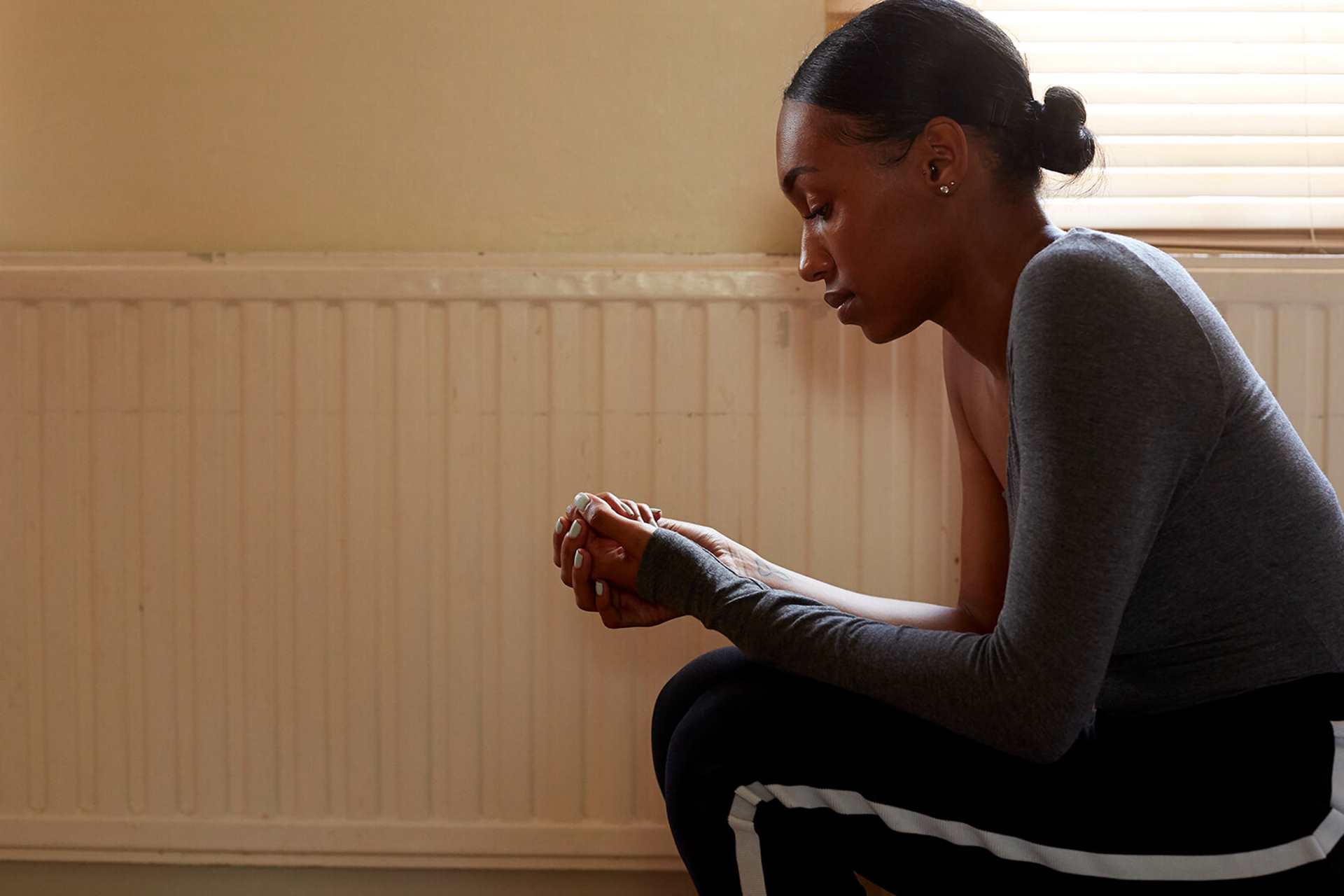Gaming can be a great way to look after your mental health. Just like reading or going for a walk, it can help you unwind and take a break from everyday pressures. It has it’s positives, like helping you learn new skills or staying connected with friends and family.
But if you’re gaming a lot and it’s starting to take over your everyday life, it might be time to think about changing your habits.
We’re here to help you figure out how to enjoy gaming again in a healthy way.
How can gaming affect my mental health?
Gaming can have a good impact on your mental health. It can help with things like:
- taking time out to relax and recharge
- having fun and chatting with friends
- learning new skills, like problem-solving or being a team player
But sometimes, gaming can become too much. If you’re always thinking about gaming and it’s stopping you from doing other things, it can become a real problem. This can have a big impact on your school, job, sleep or eating habits, and can make you feel low, angry, isolated or lonely.
If you’re having any of these feelings, our tips below can help you have a more positive time when gaming. It’s also important to reach out for help – there are people who can help you get through this.

Tips for healthy gaming
If you think you're gaming too much or want to have a better time online, these tips can help you and support your mental health.
Build a positive community by sticking with friends, family and people you feel good around. Being part of a group can make you feel safe and valued. Find others who share your gaming interests and stay away from harmful or toxic gaming spaces.
Think about how you’re feeling and how it might affect your game time. This way, you can figure out if gaming will lift your spirits or bring you down.
Change your privacy settings to what feels right for you. In your console settings, you can control who sees your profile, protect your information, and choose who you connect with. This helps keep your gaming space safe and positive.
Try scheduling in time to do other things you enjoy. It’s good to have a balance, and putting in time to do these things can help you reduce your gaming time.
Make sure you also have time to look after yourself. Basic needs like enough sleep, food and taking care of your hygiene are really important for your wellbeing. By looking after yourself, you’ll have a better time gaming.
If things get tough in your gaming community, talk to someone you trust outside of the game. They can give you support and advice, and put a stop to something if it gets out of hand.
Decide how long you want to game and set an alarm to remind you when to stop. If you live with someone, ask them to help you stick to your limit.
You might be gaming to avoid other worries, so it’s important to figure out what’s causing you to game so much. Try jotting down your feelings to help you figure it out. Dealing with those problems is important and distracting yourself won’t make them go away. It’s okay to reach out for help.
Gaming, money and mental health
Just like with any hobby, you might spend money on your gaming – like buying equipment, new games, or in-game stuff like skins. There’s nothing wrong with spending money on gaming, as long as you can afford it and you understand the risks.
Games often encourage spending money, especially when you’re really into them. When you’re absorbed in a game, it can be easy to lose track of how much you’re spending or make quick decisions without thinking. Sometimes you might not even realise you ‘re buying something. To avoid spending too much, try following these tips:
- Before you start a game, check if there are any in-game or in-app purchases.
- Think about how much you’re willing to spend. Keep track and stick to that limit.
- Take time away from the game before you decide if you want to buy something.
- If you’re spending someone else’s money, like a parent's, make sure to get their permission first.
For more information and advice on money and mental health, take a look at our guide.
Gaming and gambling
-
Sometimes, it’s hard to control spending, especially if you feel pressured to keep up with friends or always have the latest gear. Spending money on things like loot boxes can give you a good feeling and make you want to spend more. But that thrill of winning could tempt you to start gambling on other things, like sports.
If gaming has led you to start gambling, speak to someone you trust. You can get more advice on gambling from the Big Deal website or find advice in our guide to addiction.
Get help now
If gaming is impacting your mental health, don't struggle alone. Here are some organisations and helplines that can help.
-
Big Deal
Offers information, advice and support for young people affected by problem gambling in England, Scotland and Wales.
Free 24/7 1-2-1 live chat service available.
For support outside of the helpline opening hours, call the National Helpline on 0808 8020 133.
- Opening times:
- 9am - 8pm, Monday - Thursday
-
Childline
If you’re under 19 you can confidentially call, chat online or email about any problem big or small.
Sign up for a free Childline locker (real name or email address not needed) to use their free 1-2-1 counsellor chat and email support service.
Can provide a BSL interpreter if you are deaf or hearing-impaired.
Hosts online message boards where you can share your experiences, have fun and get support from other young people in similar situations.
- Opening times:
- 24/7
-
Samaritans
Whatever you're going through, you can contact the Samaritans for support. N.B. This is a listening service and does not offer advice or intervention.
- Opening times:
- 24/7
More information and advice
Whether you love the page or think something is missing, we appreciate your feedback. It all helps us to support more young people with their mental health.
Please be aware that this form isn’t a mental health support service. If you are in crisis right now and want to talk to someone urgently, find out who to contact on our urgent help page.
At YoungMinds we take your privacy seriously. If you’d like to read more about how we keep the information we collect safe, take a look at our privacy policy.







